LCF Members
-

Sonya Atalay
Professor, Anthropology
My research examines how to effectively and ethically bring Indigenous ways of knowing (epistemologies), being (ontologies), and doing (axiologies) into ‘right relations’ with mainstream research practices, which I refer to as “braiding” knowledges.
-

Megan Black
Associate Professor, History
I am a historian of modern environmental ideas and institutions whose research and teaching focuses on nonhuman nature – minerals in particular – and environmental conflicts over mining.
-

Lauren Bonilla
Research Affiliate, Anthropology
I am a Research Scientist and Lecturer interested in how people envision and design pathways to social and ecological well-being. I am part of an interdisciplinary team of faculty and students at MIT co-developing "anthro-engineering" as a holistic, socially engaged, and place-centered interdisciplinary approach to engineering education and sustainability solution-building.
-
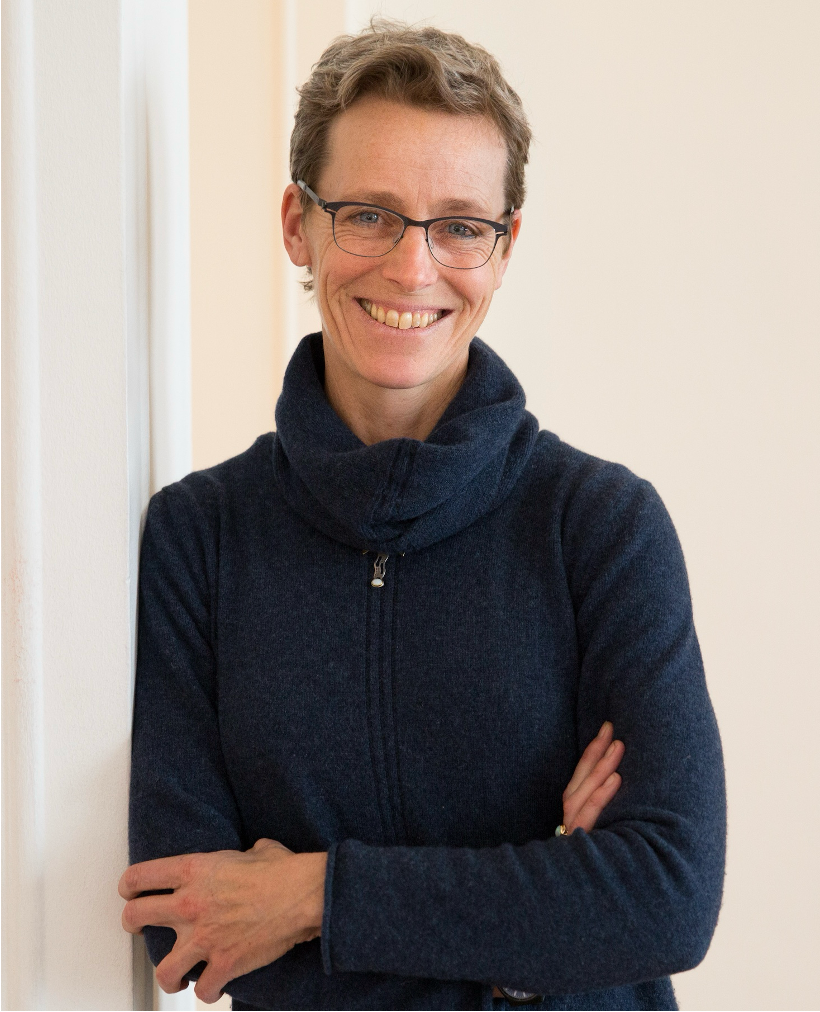
Kate Brown
Thomas M. Siebel Distinguished Professor, Science, Technology, and Society
I studied the environmental health effects of nuclear weapons production and accidents for many years. I am currently researching and teaching about urban food sovereignty movements both historically and in the present as well as the ways we think about and narrate anthropogenic change in the “Anthropocene.”
-

Manduhai Buyandelger
Professor, Anthropology
In my research and teaching, I am exploring how climate change is pushing us to redefine our cities and infrastructures for an inclusive multispecies life that extends beyond humans.
-

Amah Edoh
Research Scientist, Anthropology
My research examines how African and Afro-diasporic religious communities (specifically in the Togo-Benin corridor and in Brazil) are responding to the impact of climate change, and how they leverage their climate mitigation work to decolonize understandings of “science” and to re-legitimize indigenous knowledges and practices in their respective countries.
-

Laura Frye-Levine
Research Scientist, Anthropology
I am a research scientist with PhDs in sociology and environmental sciences who engages in research and praxis for solving complex sustainability challenges. My dissertation research examined collaborative efforts between economists and ecologists to craft more comprehensive approaches to designing environmental policy.
-

Alvin Harvey
MIT-Boeing Distinguished Postdoctoral Fellow, Aeronautical and Astronautical Engineering
I am a citizen of the Navajo Nation and hold a Ph.D. and SM in Aeronautics and Astronautics from MIT. I am currently a Postdoctoral Fellow in the MIT Media Lab’s Space Enabled Research Group. My work supports global stewardship of Earth and space ecologies through remote sensing, satellite observation, and education/outreach that is culturally relevant and traditional knowledge-guided. -

Stefan Helmreich
Elting E. Morison Professor, Anthropology
My recent ethnographic work with oceanographers and coastal engineers in the Netherlands, the United States, Australia, Japan, and Bangladesh examines ocean waves as forms of media that carry ecological, geopolitical, and climatological news about our planet.
-

Leslie Jonas
MLK Scholar, Anthropology/Urban Studies and Planning
I am an indigenous land and water conservationist (Mashpee Wampanoag) who works with scientists and indigenous organizations to develop climate solutions at the Woods Hole Oceanographic Institute on Cape Cod.
-

Susy Jones
Senior Project Manager, MIT Office of Sustainability
I am an urban planner and practitioner working to build the capacity of the campus to meet our climate and sustainability objectives while centering justice, wellbeing, and community.
-

Janelle Knox-Hayes
Lister Brothers Professor of Economic Geography and Planning, Urban Studies and Planning
I research governance of climate mitigation and adaptation and systems to build socio-economic, cultural and environmental resilience for communities.
-

Briana Meier
Post-Doctoral Fellow, MIT Environmental Solutions Initiative
My research and teaching attend to everyday life as a generative element of environmental justice (EJ) that includes joyfulness, art, ceremony, and camaraderie. Through these lenses, my work intersects three interrelated, thematic areas: philosophies of place, participatory urbanisms, and cultures of mutual aid.
-

Amy Moran-Thomas
Andrew W. Mellon Associate Professor, Anthropology
My ethnographic research focuses on how health technologies and ecologies are designed and come to be materially embodied—often inequitably—by people in their ordinary lives. I am interested in how planetary health interacts with human health and in building bridges between social sciences and STEM fields, including through a newly launched MIT civic technoscience project in collaboration with PA’s Center for Coalfield Justice.
-

Heather Paxson
Associate Dean for Faculty, School of Humanities, Arts, and Social Sciences
William R. Kenan, Jr. Professor, Anthropology
In my research and teaching, I follow how climate change is impacting aspects of our food system, from disrupting global food trade to displacing “place-based” foods and other agricultural ways of life.
-

Chris Rabe
Education Program Director, MIT Environmental Solutions Initiative
My research focuses on better understanding and expanding climate and sustainability education at MIT and beyond with a specific focus on climate and environmental justice. I am also interested in exploring the emotional dynamics of climate change, and the environmental justice implications of science and tech.
-

Ishani Saraf
Assistant Professor, Science, Technology, and Society
I am interested in understanding the ways people inhabit a world increasingly populated by the things we throw away. My research and classes explore how wastes and discards become important sites for material, political, economic, and social struggles.
-

Bettina Stoetzer
Associate Professor, Anthropology
My research examines the shifting dynamics of wildlife mobility and urban ecology in an era of climate change and considers their broader implications for social justice movements in Europe and North America. Along with Briana Meier, I am developing a research and teaching partnership with the Indigenous-led organization Se’Si’Le and other environmental actors in the Pacific Northwest of the United States that highlights how biodiversity, climate change, and energy transitions become tied up with questions of social justice and struggles for Indigenous sovereignty.
-

Michaela Thompson
Lecturer, Anthropology
An environmental historian, sustainability scientist, and STS scholar. My work is strongly interdisciplinary, focusing on the complex dynamics of social-environmental systems, particularly human interactions with marine spaces.
-
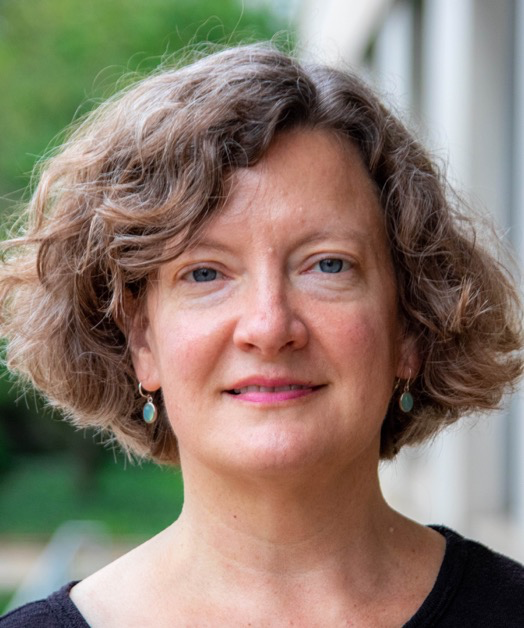
Chris Walley
Program Head, SHASS Dean’s Distinguished Professor, Anthropology
My research explores what a “just transition” in contexts of climate change might look like for industrial and deindustrialized regions where concerns about environmental health and job loss and degradation are both paramount and intertwined.
Admin Team
-
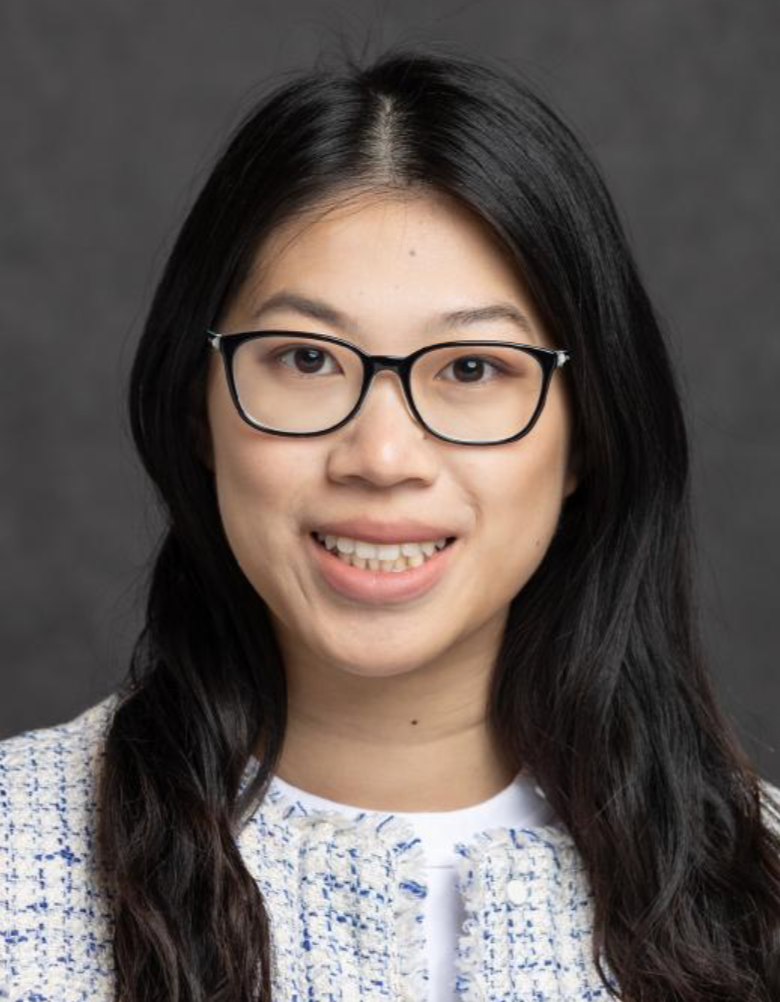
Cynthia Liu
Administrative Assistant
-
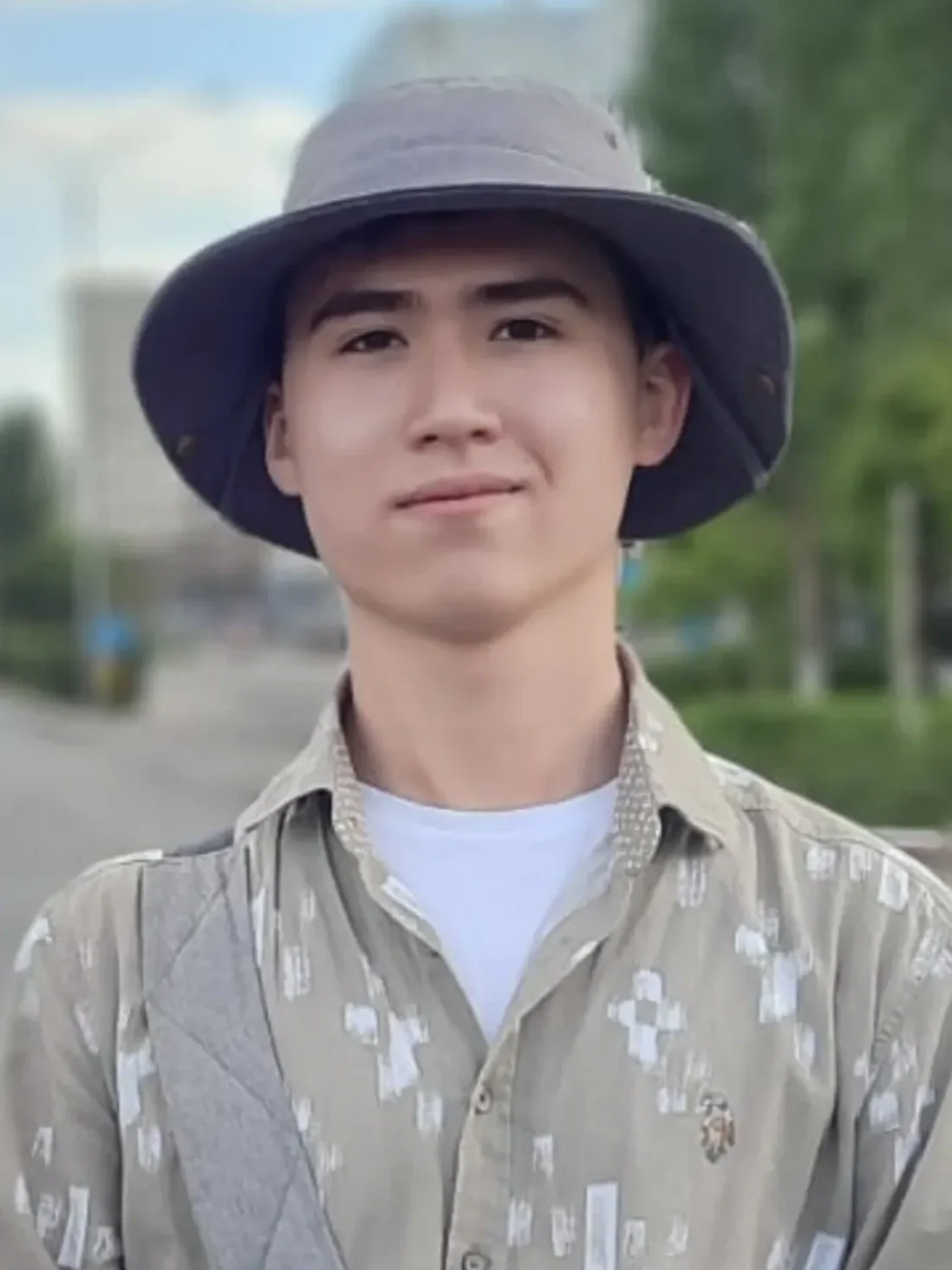
Eldar Urkumbayev
Program Assistant
-
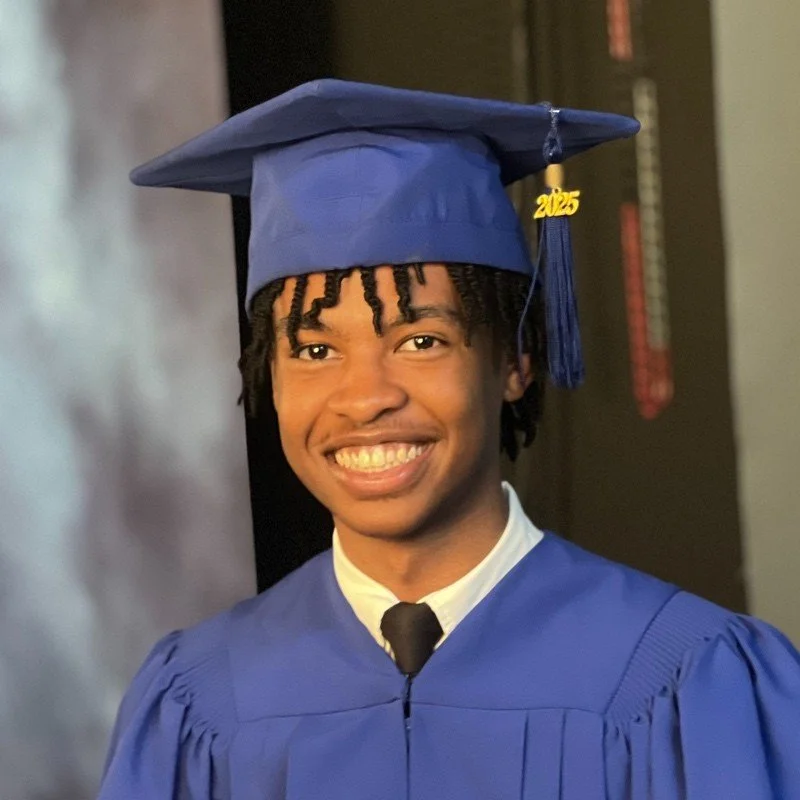
Semai Ralph
Student Ambassador

